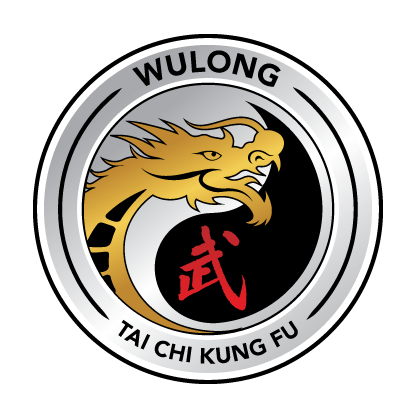An 11-week Taichi (or Taiji) Stick exercise program can effectively enhance lower limb strength and dynamic balance, maintain upper limb strength, show potential to reduce fall-related risks, and improve the older adults’ capacity to carry out daily tasks.
With advancing age, older adults experience an accelerated decline in physical function. The progressive decline not only compromises overall well-being but also precipitates numerous serious complications, including an increased likelihood of falls and bone injuries, and in more advanced stages, a diminished ability to carry out daily tasks independently. Numerous studies have shown that engagement in Health Qigong and Taichi exercises contributes to better physical functioning and facilitates the completion of everyday activities in senior populations. And that Taichi and Health Qigong are suitable for older adults in terms of comfort during exercise and ease of long-term adherence, due to their gentle and moderate movements, low risk, and minimal reliance on specific venues or equipment.
A randomised controlled design was employed involving thirty-five older adults assigned to an intervention group who engaged in an 11-week Taichi Stick exercise program, held three times weekly for 45 min per session. Findings offer empirical support for the advantages of Taichi Stick practice in older adult individuals, and support its future promotion and widespread adoption.
Three notable benefits were identified:
Reducing the risk of falls. Dynamic balance ability and lower limb strength are core elements in fall prevention. Older adults who engage in Taichi Stick exercises exhibit significant improvements in lower limb muscle strength and dynamic balance, which in turn reduces their risk of falling.
Delaying aging-related functional degradation. Sarcopenia is an age-related, progressive, systemic syndrome characterised by reduced skeletal muscle mass, decreased muscle strength, and impaired function as its core features. Through regular stimulation of muscles (especially core muscles and limb muscles), Taichi Stick exercises may play a positive role in delaying the loss of muscle mass and the progression of muscle strength decline, thereby reducing the risk of sarcopenia in older adults.
Enhancing activities of daily living and reducing care dependency. Lower limb strength and dynamic balance form the foundation for older adults to independently perform daily activities (e.g., walking, climbing stairs, using the toilet), while upper limb strength is associated with actions like eating and dressing. The findings of this study indicate that Taichi Stick exercise can simultaneously maintain upper limb strength, enhance lower limb strength, and improve dynamic balance ability, thereby promoting older adults’ self-care capacity in daily life.
Read the research published 23 September 2025 here
https://doi.org/10.3389/fpubh.2025.1647055If you are looking for a taichi/qigong program enhance the activities of daily living, try a Wulong class today. Click here to see all our class locations and timings.

